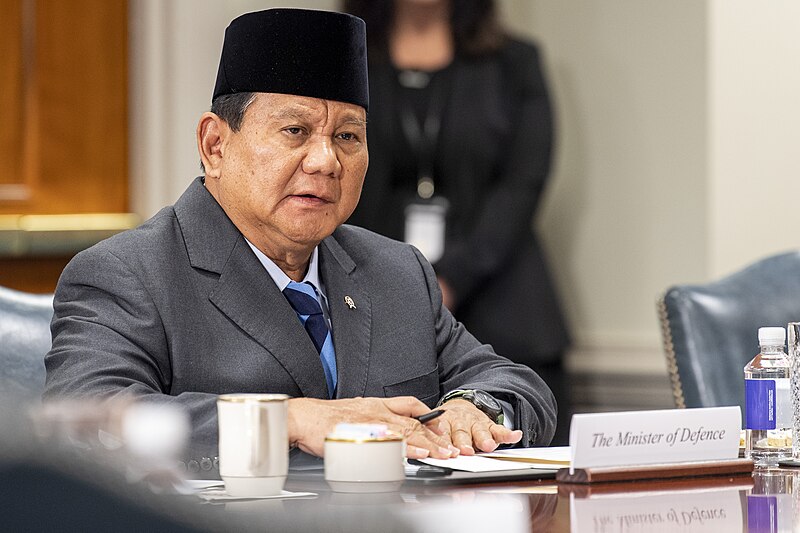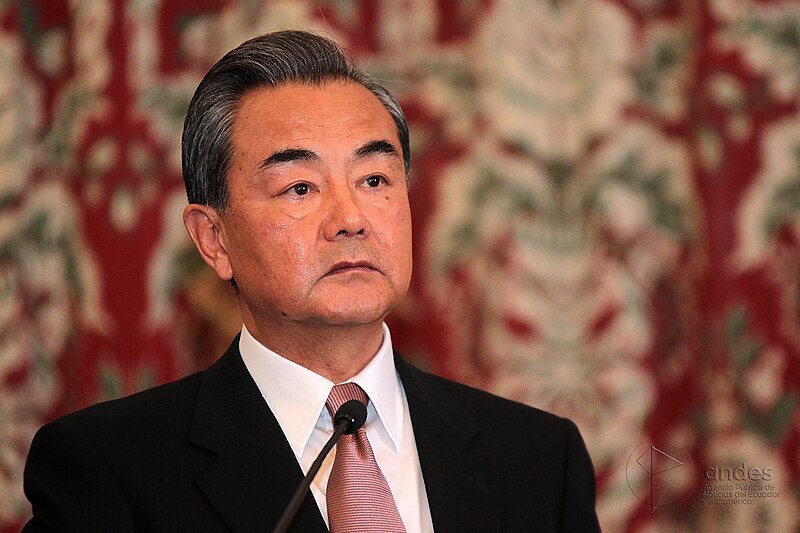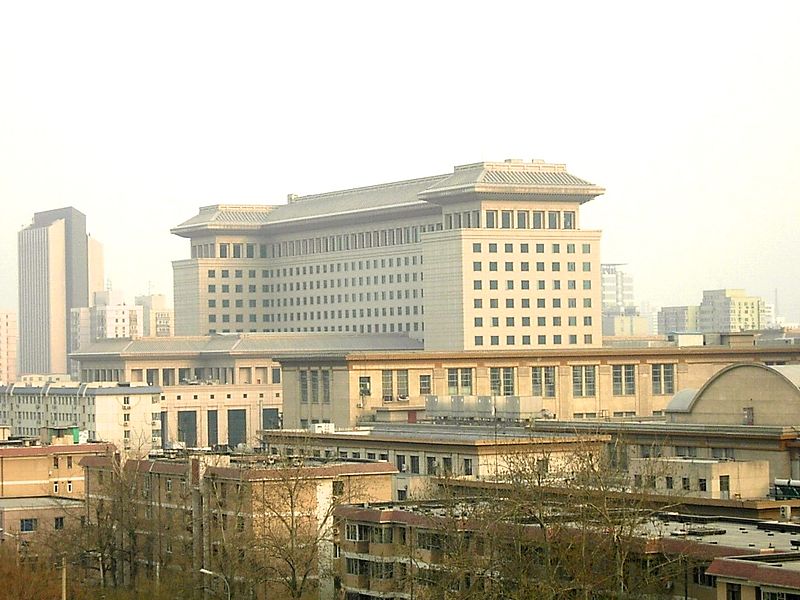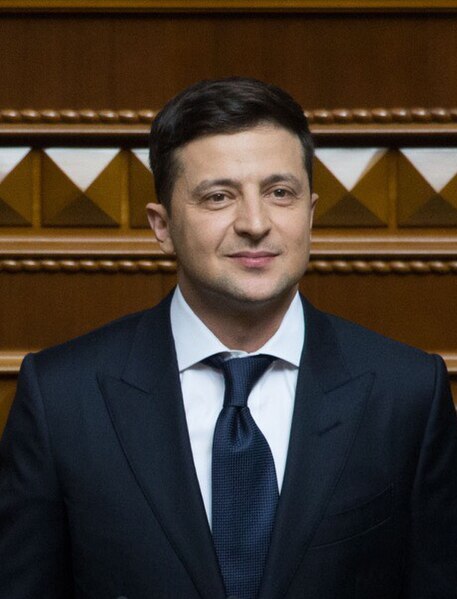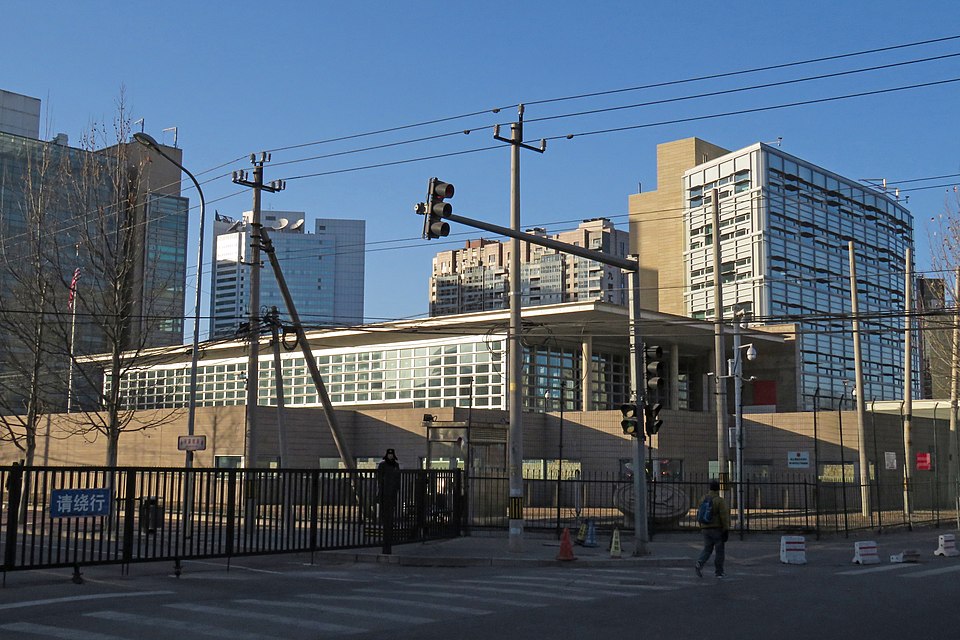
The Cyberspace Administration of China (CAC) announced on Friday that it has removed 1.4 million social media posts and shut down 67,000 social media accounts as
part of a two-month investigation into alleged misinformation, illegal profiteering, and impersonation of state officials. This crackdown is part of a larger campaign aimed at "rectifying" China's cyberspace and giving authorities better control.
The targeted accounts were primarily on popular Chinese social media platforms such as WeChat, Douyin, and Weibo, and fell under the category of "self-media," which refers to accounts that publish news and information independently, without being government-run or state-approved. The Chinese government has been taking measures since 2021 to cleanse its cyberspace and make it easier to manage.
The accounts that were permanently closed included nearly 8,000 that were found to be spreading fake news, rumors, and harmful information. Additionally, around 930,000 other accounts faced lesser penalties, ranging from losing all followers to having profit-making privileges suspended or canceled.
In a separate campaign, the CAC recently closed over 100,000 accounts that were allegedly misrepresenting news anchors and media agencies, aiming to combat the rise of online fake news facilitated by AI technologies.
The CAC's latest efforts also targeted approximately 13,000 counterfeit military accounts with names like "Chinese Red Army Command," "Chinese Anti-terrorist Force," and "Strategic Missile Force." Moreover, 25,000 accounts were flagged for impersonating public institutions, including disease control centers and state-run research institutes. Around 187,000 accounts were punished for impersonating news media organizations, and over 430,000 accounts were accused of offering professional advice or educational services without the necessary qualifications. Approximately 45,000 accounts were closed for engaging in activities like sensationalizing trending topics and illegal monetization.
The regulator stated that it had collaborated with public security and market supervision departments to combat illegal "self-media" effectively. It also encouraged netizens to actively participate in monitoring and reporting illegal activities, aiming to collectively maintain a clean and regulated cyberspace. Photo by Today Testing (For derivative), Wikimedia commons.
